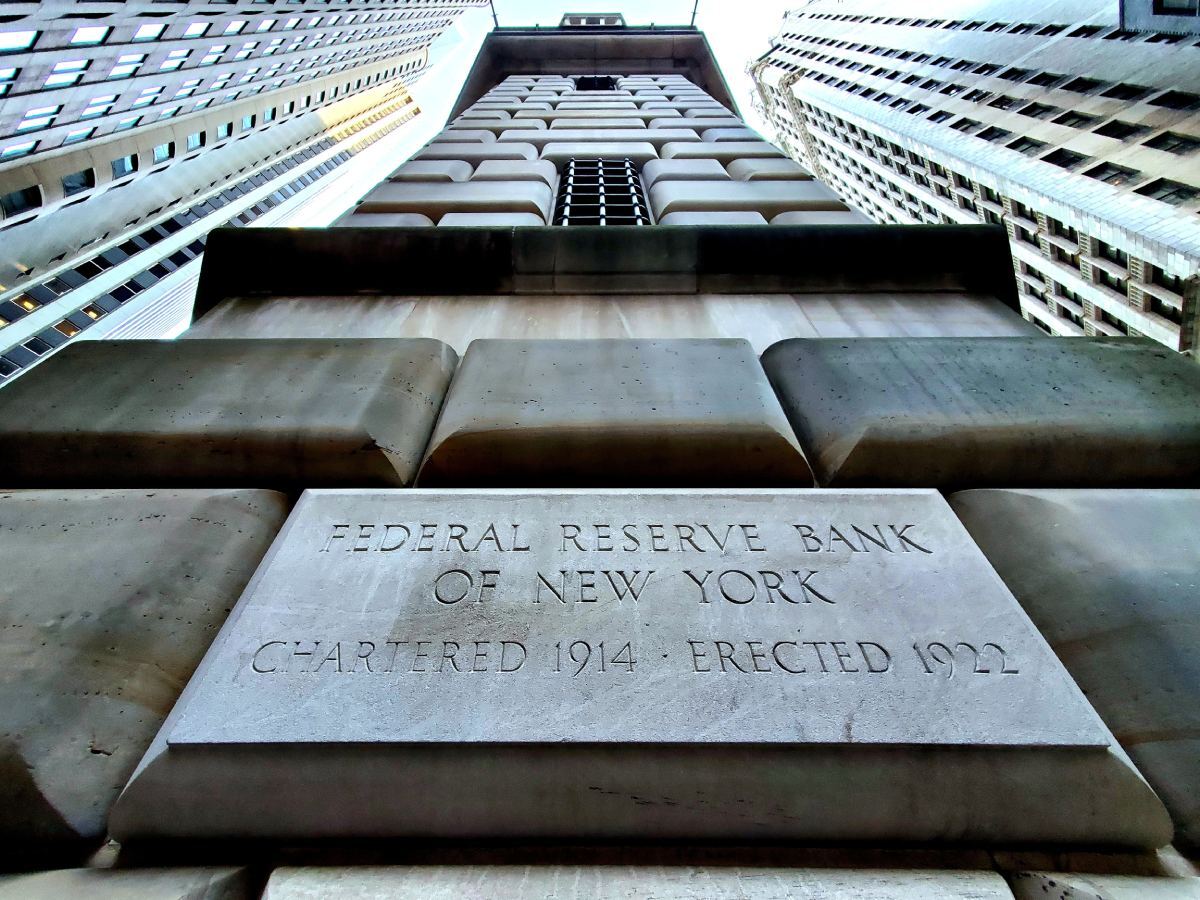
U.S. banking stocks have enjoyed a surprisingly strong year, outperforming the broader S&P 500 Index, but cracks in the consumer economy are prompting more institutions to prepare for the worst by raising the bar for borrowers.
New credit card account openings at the four major U.S. lenders — American Express, Citi, Wells Fargo, and Bank of America — fell 5% year-over-year in the second quarter, according to company data compiled by The Kobeissi Letter.
US credit card companies are reducing access to credit:
undefined The Kobeissi Letter (@KobeissiLetter) August 15, 2025
New credit-card account openings across 4 major US lenders dropped -5% YoY in Q2 2025.
American Express led the decline with a -200,000, or -6%, drop in new accounts
Openings at Wells Fargo and Bank of America declined by… pic.twitter.com/iDpR5CHioM
American Express, which relies heavily on credit cards and other lending products, issued 200,000 fewer new accounts, a 6% drop.
Wells Fargo saw openings fall by 34,000, while Bank of America reported a decline of 117,000.
“This comes as financial institutions are raising qualification requirements for lower-end customers who pose a higher risk of missing payments,” The Kobeissi Letter noted.
The Federal Reserve’s Senior Loan Officer Survey also found that more banks have tightened credit card approval standards this year.
While several factors may be driving banks to tighten lending standards, the shift comes as more Americans are burdened with record credit card debt.
According to the latest data from the New York Fed, Americans collectively owe $1.21 trillion on their credit cards, with balances rising by $27 billion in the second quarter. The Fed also noted “elevated delinquency rates for credit cards.”
Pandemic-era lending risks fade, but delinquencies remain stubbornly high
In April, Federal Reserve Bank of Boston economist Joanna Stavins examined whether recently issued credit card accounts carried greater default and delinquency risks.
Her research found that during the pandemic, an “erosion of lending standards” led to more accounts becoming delinquent — and doing so more quickly — than those opened before the pandemic.
The good news: the trend began to normalize in 2024, with the average credit score of new cardholders rising once again.
Although the health of newly opened credit card accounts has improved, overall delinquency rates remain high.
“Nearly 7% of balances transitioned into delinquency over the past year, as many households may have overextended themselves amid surging inflation and shrinking savings,” Zacks Investment Research wrote, citing Fed credit card data.
In the meantime, Wells Fargo has signaled that consumer loan growth will likely remain flat for the rest of the year.
“I wouldn’t expect large growth on the consumer side in any way, potentially even a net decline,” chief financial officer Mike Santomassimo told shareholders.
Economists, including Moody’s Mark Zandi and Neil Dutta of Renaissance Macro, have warned that emerging cracks in the labor market could strain household finances and put further pressure on credit card performance.
In a recent interview with The Washington Post, Zandi highlighted that rising delinquencies and slowing middle-class spending point to mounting financial strain amid growing job insecurity.
Your email address will not be published. Required fields are markedmarked